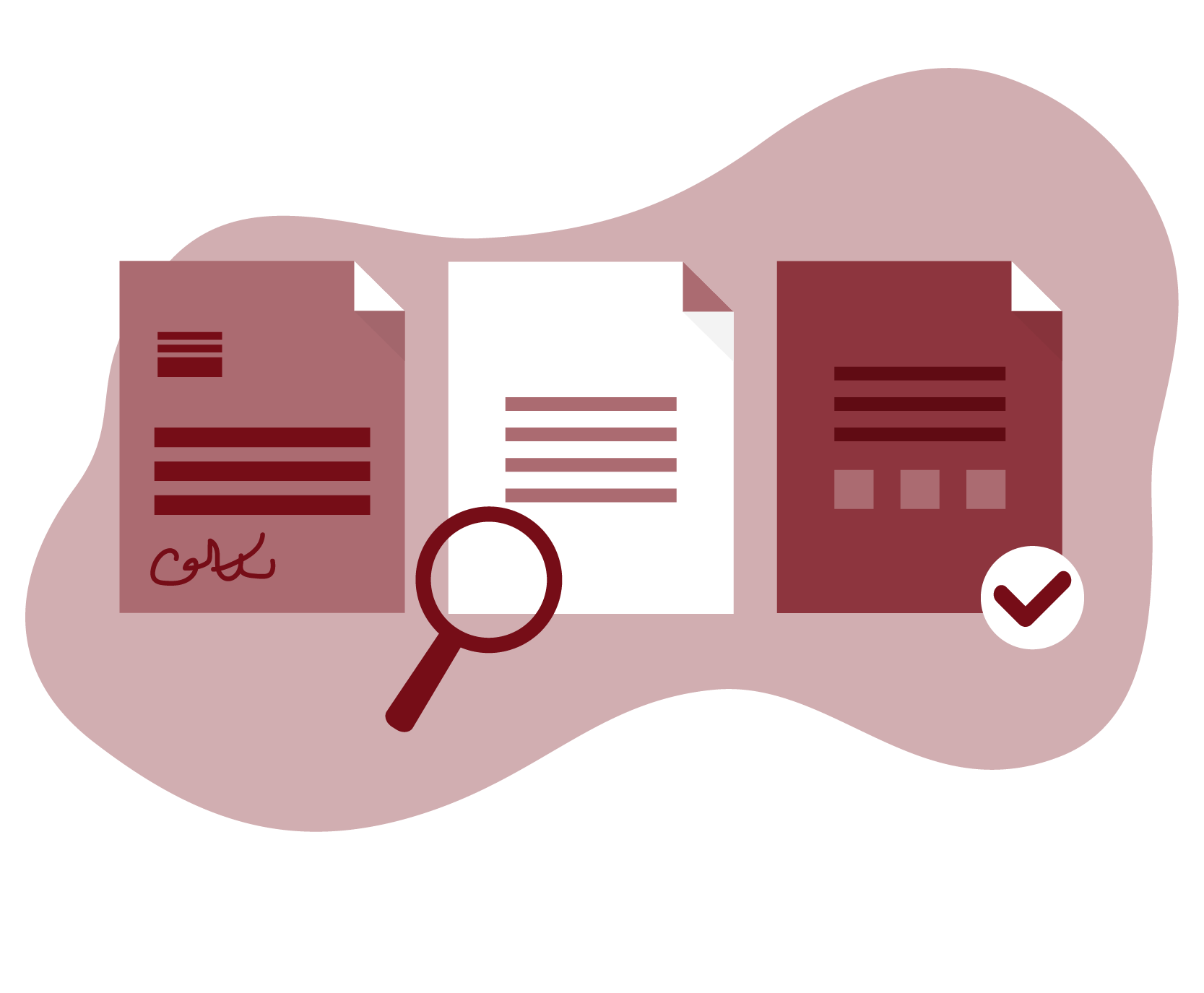FY20 Annual Report: Credentialing
From Plan to Action: Emergency Disaster Privileging

Coincidentally, in fiscal year 2020, Johns Hopkins Community Physicians (JHCP) credentialing manager Deborah Brazil completed an Emergency Disaster Privileging Plan. It turns out that it was just in time for a global pandemic. “I’ve never experienced anything like this – everything really fell into place,” Brazil says.
The story begins a few years ago, when Brazil attended a National Association Medical Staff Services (NAMSS) conference and found herself in a seminar about disaster planning. Thrown back into her busy every-day work, she did not give it another thought until May 2019, when the Baltimore government’s computer systems were compromised by an aggressive ransomware attack. What if something similar were to infect their credentialing software? She was reminded of the conference she had attended years before, and discovered that JHCP did not have an emergency privileging plan. “This bothered me, because there would be significant delays for patient care if a disaster occurred,” she says.
Brazil prioritized the development of an emergency plan, with no idea that a global pandemic would emerge just a few months later. It was completed and approved in December 2019. To her surprise, Brazil’s newly approved plan was operationalized just a few months later in March 2020, when the COVID-19 pandemic required an expedited hiring process for providers and staff for the Baltimore Convention Center Field Hospital, set to open in mid-April.
 The 250-bed Baltimore Convention Center Field Hospital
The 250-bed Baltimore Convention Center Field HospitalMark Phillips, family practice provider at White Marsh and JHCP Credentialing committee chair, worked with legal counsel and field hospital leadership to put the plan into action. This took a few weeks, as the team had to develop new delineation of privileges documents (DOPs), which match each provider’s clinical privileges with their documented training; integral for maintaining patient safety. Says Phillips, “We were excited to be able to contribute to the efforts on [behalf] of the State of Maryland, Johns Hopkins Medicine and the University of Maryland to create a field hospital at the Baltimore Convention Center [in order] to assist hospitals throughout the state [that were] contending with the surges of patients from the COVID-19 pandemic.”
Altogether, the Emergency Disaster Privileging Plan supported the credentialing of 166 medical staff and providers in a matter of weeks. Under the plan, providers were credentialed in between one to five days. By comparison, the typical full-scale credentialing process takes 90 days. How was the turnaround time shortened so significantly? Brazil explains that for this amended emergency plan, they focused on the basics. “We verified licenses and board certifications and checked on national databases for any legal claims. If they were to come onboard as full-time JHCP providers, they would then go through the regular credentialing process, including a 54-page application, a complex DOP and peer review and referencing.”
Says Phillips, “It was an impressive team effort that shows what great people and expertise we have in Johns Hopkins Medicine and at JHCP to so quickly and effectively meet the needs created by a national emergency.” Brazil credits the successful implementation to a number of people: Mark Phillips and the JHCP Credentialing committee, the JHCP Credentialing team, the JHCP Human Resources Department for their hiring support, the Johns Hopkins Health System Centralized Credentialing Office, field hospital leaders Drs. Eric Howell, Mindy Kantsiper and Alexandra Loffredo, and the Johns Hopkins Medicine legal team.
“I like to say that we are the gatekeepers of patient safety,” Brazil says. “With the Emergency Disaster Privileging Plan, we were able to streamline and expedite our process to meet the needs of the community, without compromising quality and safety.”
